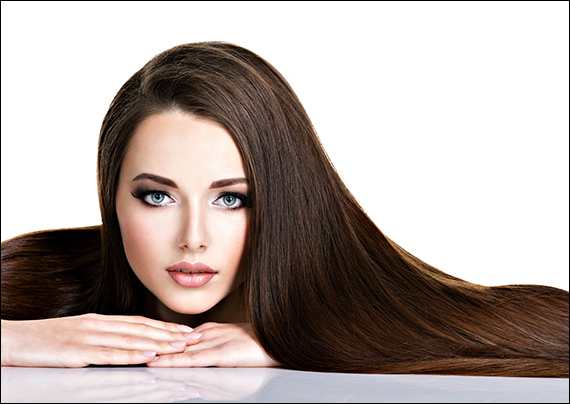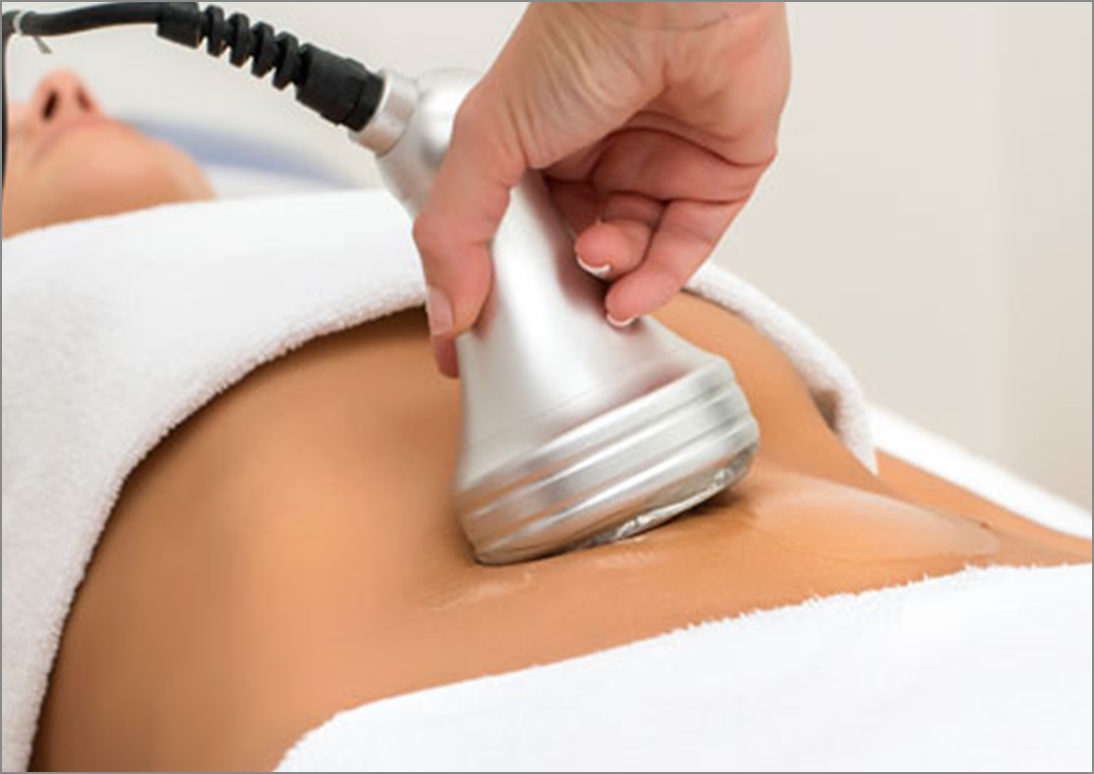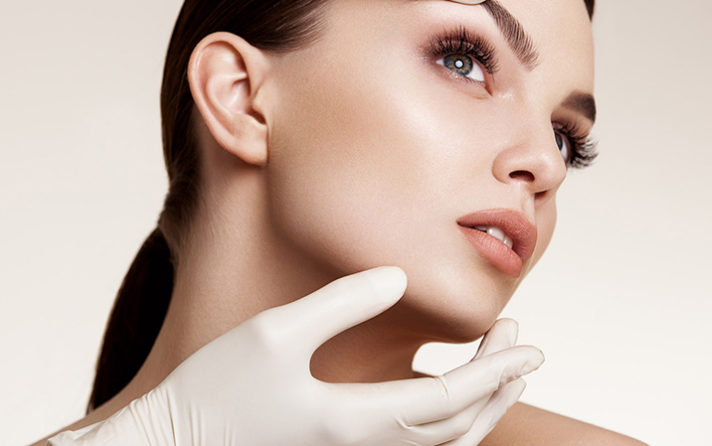Loading...
-
Working Days
- Monday - Saturday - 10.00am - 7.00pm
- Sunday - Holiday





Skin
“Skin, the largest organ in our body is an indicator of both age and health.”
Skin has various protective functions, skin also acts as a store house of water and helps prevent dehydration. Skin cells are continuously being regenerated every 4-6 weeks allowing newer & healthier skin cells to appear on the surface. But this process gets affected by various intrinsic & extrinsic factors. Making regular exfoliation extremely important.
Who would not love a healthy skin?
It is now possible to have the skin of your dreams. We at Signature18 Clinic provide you a wide range of treatments to leave your skin looking radiant and rejuvenated.
Why visit a dermatologist?
A dermatologist is essential to
- Screening you for various skin and hair issues.
- Educating you about the various skin care regimens and to customize one suited to your needs.
- Guiding you with treatments that help you achieve beautiful and glowing skin.

Hair
“Health hair is a sign of excellent general health and good hair care practices.”
Hair loss is a symptom and not a diagnosis caused by a various conditions, each with its own unique mechanism.
Normally, a healthy scalp of any male or female will have 80,000 – 1, 20,000 hair follicles. All hair follicles will go through repeated cycles of growth (2 – 6 years) and rest (2 – 4 months) and hair grows at an average of 1 cm/ month.
The hairs on a person’s head will grow independent of the other follicle and several factors like hormones, growth factors, genes, drugs, seasonal changes, stress and medical conditions may all push the follicles into an early and prolonged resting phase resulting in noticeable hair loss. Others like environmental factors (UV, humidity and wind) and chemicals in hair products and harsh procedures also have a negative impact on the growth and texture of the hair fibres making the hair look dull and lifeless.
Most people assume that hair loss is a problem affecting older men and women and rightly so as the rate of hair growth slows down with age. However thinning hair, hair loss, premature greying and other hair-related issues can affect people as young as teenagers or even those in their early twenties.
“Being aware of the health and growth pattern of your hair is the first step to getting ahead of hair loss.
Although hair loss at a younger age can be extremely alarming, it’s important to remember that the earlier, thinning of hair is noticed and other probable causes of hair fall are ruled out, the easier it is to treat.
Androgenetic Alopecia
Hair loss is a distressing concern, with close to 50% of men and women affected by pattern hair loss by age 50 or much earlier. Hair is seen receding from the frontal hairline and crown of the scalp, known as “pattern alopecia”. This occurs due to miniaturization of hair follicles and its extent will depends on genetic and hormonal factors.
Premature Greying of Hair
Premature greying of hair is increasing at an alarming rate even in teenagers and is usually due to deficiency in diet or poor lifestyle habits.
Telogen Effluvium
Most healthy individuals have adequate nutrients in their diet; however, many people do not have access to good nutrition amidst their busy schedule, and others have medical illnesses that predispose them to nutritional deficiency which is often reflected on the scalp and body hair.
Why visit a dermatologist
“A dermatologist would never underestimate the emotional impact of hair loss in you”
Patients presenting with hair loss / thinning should be screened by medical history, dietary history and physical examination for nutrient deficiency especially that of iron, zinc, proteins, fatty acids and vitamin D.
A dermatologist is not only essential to screen and treat you for these hair concerns but also
- To guide you about your scalp health,
- Give you a customized hair care regimen suited to your needs,
- Suggest you tips on how to maintain strong and lustrous hair and
- To provide you with essential procedures bespoke to your needs.

Body
The biggest issue we face with our body is “difficult to reduce fat pockets” like the belly pouch or the love handles.
It can become hard to lose weight with age as your body will slowly start to lose muscle and gain fat right from the age of 30(muscle burns calories and keep the body lean). It may be difficult to see this on a regular basis; however it is for the same reason that women in their 45+ are faced with a difficult to tackle weight issue.
In addition to lower metabolic rates and menopause, stress, sedentary lifestyle and poor eating habits are other factors contributing to the extra kilos. Although weight gain and body fat may seem discouraging.
Why visit a dermatologist?
A dermatologist will help you change this course by
- Helping you with the right diet modification
- Giving you exercise tips & training
- Suggesting you weight loss procedures bespoke to your needs
Latest News from Signature18 Clinic

Silhouette Soft Lifts
First in Coimbatore to introduce the treatment What are Silhouette…
August 30, 2018 no comments
